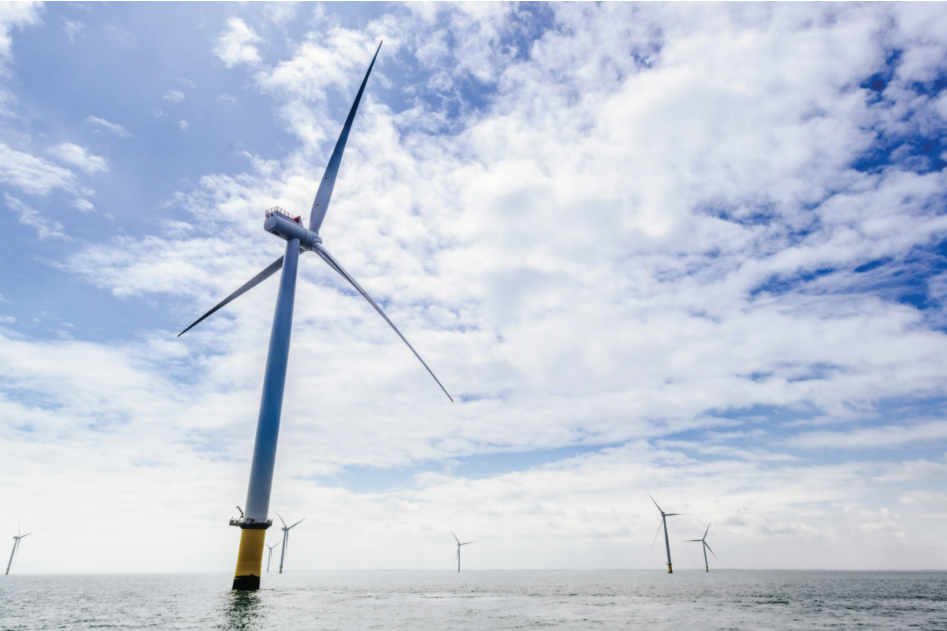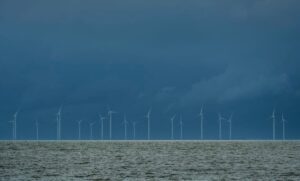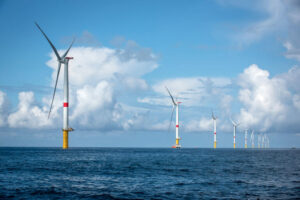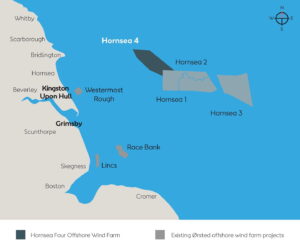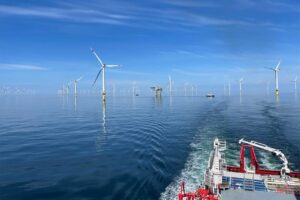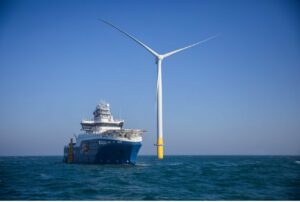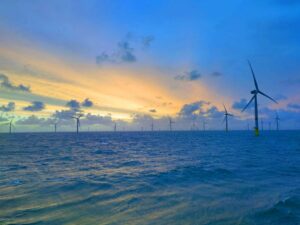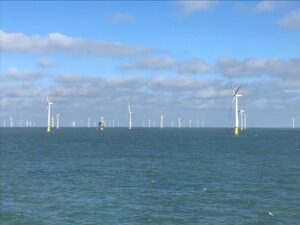UK to Raise 2030 Offshore Wind Target to 50 GW, Slash Project Approval Times
UK Prime Minister Boris Johnson has presented a plan to boost Britain’s energy security which includes an increased target of up to 50 GW of operating offshore wind capacity by 2030.
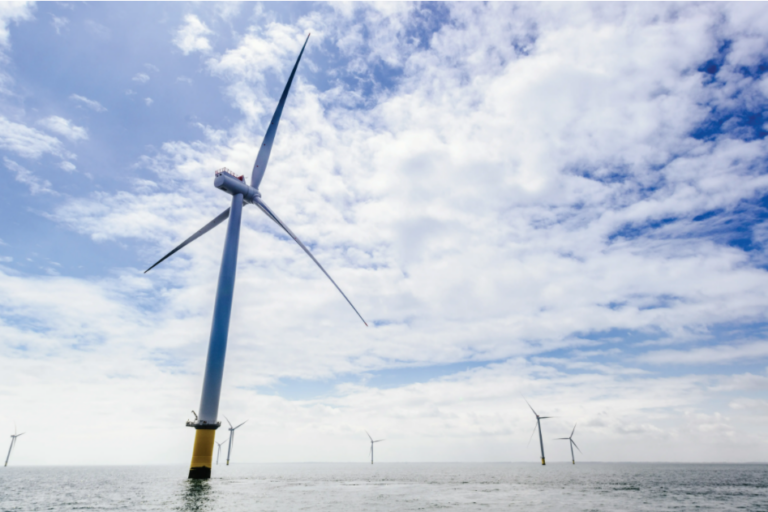
The up to 50 GW of offshore wind capacity, of which the government would like to see up to 5 GW come in form of floating wind, would be more than enough to power every home in the UK, the government said.
The British Energy Security Strategy is also expected to increase the number of clean jobs in the UK by supporting 90,000 jobs in offshore wind by 2028 – 30,000 more than previously expected.
The previous target for offshore wind set by the same administration was 40 GW of offshore wind capacity by 2030, 1 GW of which was targeted for floating wind.
Related Article
The British Energy Security Strategy would underpin the new target with new planning reforms to cut the approval times for new offshore wind farms from four years to one year and an overall streamlining which is expected to radically reduce the time it takes for new projects to reach construction stages while improving the environment, the government said.
The strategy is said to set out how Great Britain will accelerate the deployment of wind, new nuclear, solar, and hydrogen, whilst supporting the production of domestic oil and gas in the nearer term – which could see 95 per cent of electricity by 2030 being low carbon.
”We’re setting out bold plans to scale up and accelerate affordable, clean and secure energy made in Britain, for Britain – from new nuclear to offshore wind – in the decade ahead,” Prime Minister Johnson said.
‘‘This will reduce our dependence on power sources exposed to volatile international prices we cannot control, so we can enjoy greater energy self-sufficiency with cheaper bills.”
The plan comes in response to rising global energy prices, provoked by surging demand after the pandemic as well as Russia’s invasion of Ukraine, the government said.
Prices of renewables have been consistently decreasing in the UK, with the price of offshore wind falling by around 65 per cent since 2015, the government said.
”We have seen record high gas prices around the world. We need to protect ourselves from price spikes in the future by accelerating our move towards cleaner, cheaper, home-grown energy,” the UK Business and Energy Secretary, Kwasi Kwarteng, said.
”Scaling up cheap renewables and new nuclear, while maximising North Sea production, is the best and only way to ensure our energy independence over the coming years.”
Follow offshoreWIND.biz on:

